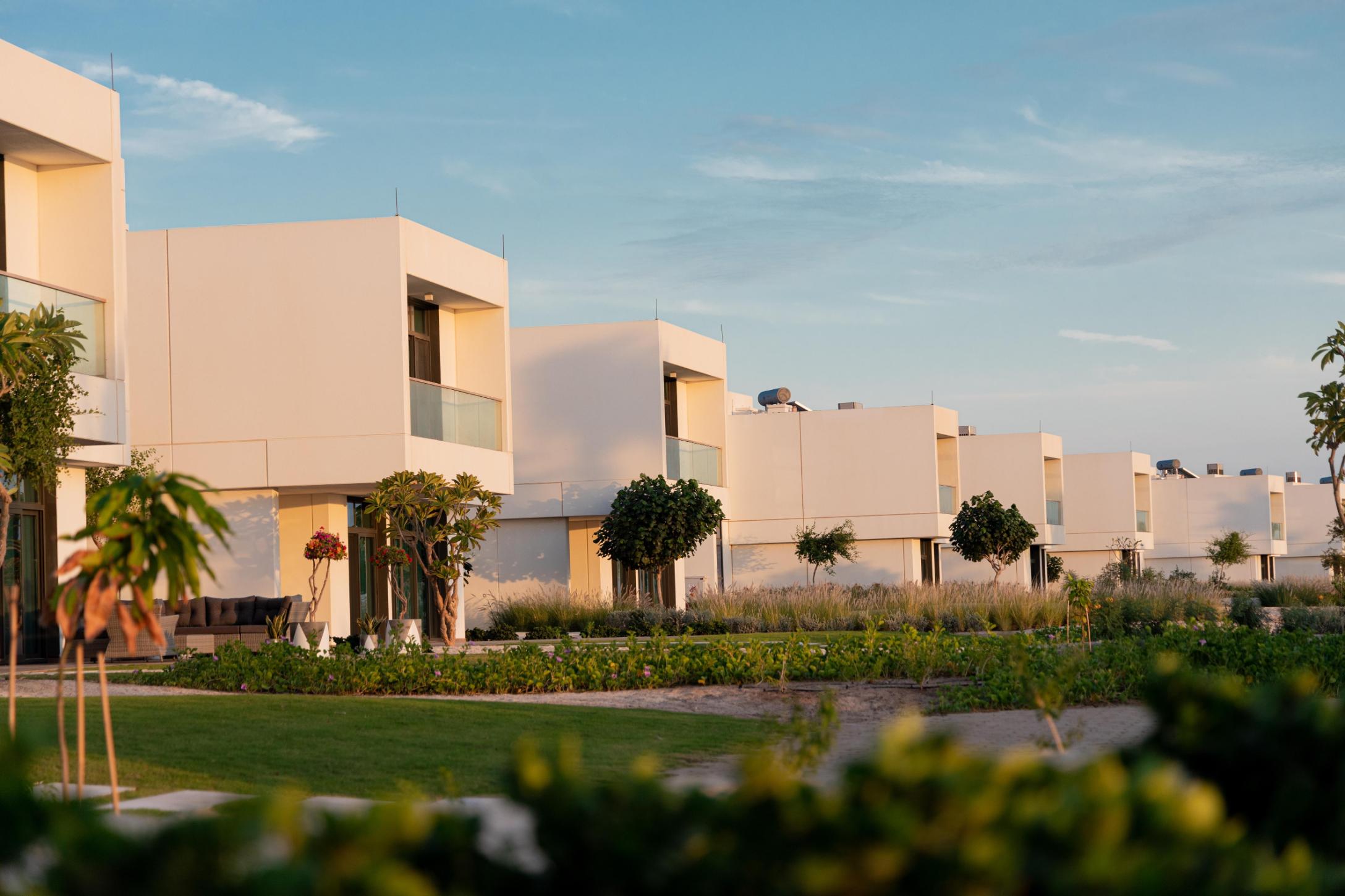Saudi Arabia News
Saudi’s Red Sea Global seeks to lead the way in luxury regenerative tourism

Sustainable travel is here to stay with companies like Red Sea Global innovating regenerative practices in Saudi Arabia

Sustainable travel is here to stay with companies like Red Sea Global innovating regenerative practices in Saudi Arabia
The 2023 Sustainable Travel Report published by Booking.com highlighted that 76 per cent of international travellers seek out more sustainable travel options despite economic pressures. Over 500,000 global destinations have earned the travel site’s ‘Travel Sustainable’ badge, including several in the Red Sea region.
John Pagano, CEO of multi-project sustainable developer Red Sea Global, stated that “tourism, rather than exploiting, must replenish and rejuvenate the very elements that make a destination so extraordinary.” The company believes that responsibility and development can uplift communities, drive economies and enhance the environment.
Saudi Arabia’s 2030 economic diversification goals are bolstered by Red Sea Global’s operations. The enterprise also offers opportunities for young Saudi talent and the private sector while supporting ambitious development ventures such as luxury regenerative tourism and refurbishing the Al Wajh Airport.
Red Sea Global aims to improve the habitats and environments of its destinations while respecting the flora and fauna that existed in these places before they became tourist destinations. The organisation centres regenerative tourism through construction materials while supporting local communities, preserving cultural heritage and contributing to conservation.
Red Sea Global intends for all 50 of its planned resorts to be solar-powered. More than five million plants currently grow at the organisation’s landscape nursery while coral farming techniques are implemented to replenish or relocate corals. In 2017, Red Sea Global conducted a marine spatial planning survey to identify places in need of preservation so that the company would not build there. This survey helped the developer to establish a commitment to delivering a 30% net conservation benefit by 2040 across Amaala and the Red Sea. Attention is given to regenerating plants and protecting the habitats of endangered species such as the Hawksbill turtle, Sooty falcon and Halavi guitarfish.
Latest Articles
Don't miss the latest from Luxury Travel
